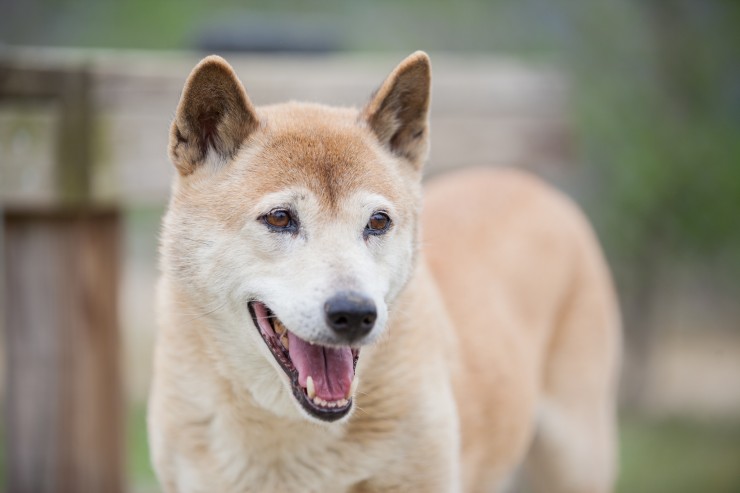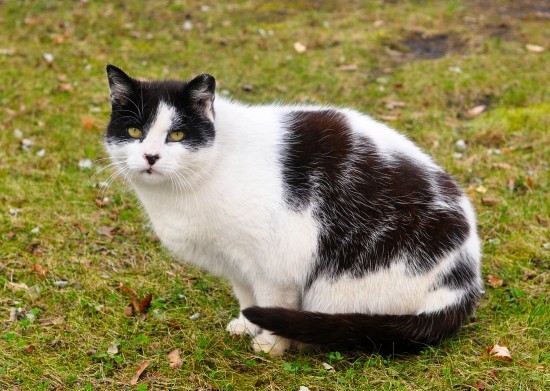
Not all products found on the grocery shelves are the same. Today there is not just a huge amount of brands to choose from, but each food item itself can be broken down into additional categories. Upon close inspection you will see some items labeled as pasteurized, homogenized, heat treated, or some may have no indication at all of what might or might not have been done to them.
Just because something comes from an actual farm does not automatically make it organic. One product that is well worth taking the time to decipher is raw organic honey.
Strolling down the sugar isle, many people will look for the lowest priced sugar or honey they can find. After all, honey is all the same - right? Actually, you need to know that beyond the different flavors of honey on the market, there are some as well that may have some additional processing done to them that is not all that necessary.
When you come across labels, it is sometimes hard to read the fine print that might give you clues to what you are actually about to purchase. If you are going to put down your hard earned cash for a product, don't you want to know that you are going to reap the most benefits from it?
If you fall into this category, you will most certainly want to keep your eyes peeled for the terms that say 100 percent raw and organic honey. There is a significant difference between the honey you may normally pick up and truly raw organic honey.
What is this big hype all about with the organic craze anyway? Does this just mean something has been grown and farmed in someones backyard? Actually for a food item to claim it is 100 percent organic, it needs to be created entirely in an untreated way.
With honey, this process starts with the flowers and plants that surround the beehives. A lot of crops are sprayed with pesticides and herbicides in an effort to protect them from insects and keep weeds from spoiling them. Truly organic honey will start with nectar that is collected from plants that have had no unnatural chemicals or pesticides used on them.
The plants have not been genetically altered and grow in their most natural state. This ensures that the produce they create is full of all it's initial nutrients as nature intended. This is good news for the bees as they are at less risk of being compromised from man made chemicals (thought to be a factor in Colony Collapse Disorder)
After the bees have collected their nectar and produced the honey, the process is not yet complete. For the honey to be considered raw, there will be no pasteurization done to it. This means that every last bit of nutrient found naturally in the honey will stay fully intact.
It can actually take a bit more labor to create the final product of raw and organic honey, but in the end this is the most nutritional natural sugar you can find on the market. We still don't really know of all the ill effects received by consuming processed goods, but it is clear that the less processed foods are better for our bodies in general.
So, next time you go to the store on a honey run, be sure to read the labels and treat yourself right. Keep alert and make sure you are getting the best you can by finding real raw organic honey.
Or even better, why not produce your own honey - that way you can be 100% sure that it is raw organic honey, just as nature intended.
Val Wilson is passionate about all things beekeeping! It is an incredibly rewarding hobby in so many ways, so if you would like more information about how to start beekeeping, go to www.bestbeekeeping.com and sign up for the FREE 7 day beekeeping ecourse.
 All About The Extremely Rare New Guinea Singing Dog
All About The Ext
All About The Extremely Rare New Guinea Singing Dog
All About The Ext
 How to Make a Dog Denim Jacket by Yourself
How to Make a Dog Denim Jacket by Yourself
As
How to Make a Dog Denim Jacket by Yourself
How to Make a Dog Denim Jacket by Yourself
As
 Does Your Dog Bark At Absolutely Nothing?
Does Your Dog Bar
Does Your Dog Bark At Absolutely Nothing?
Does Your Dog Bar
 How To Feed A Cat To Encourage Weight Loss
How To Feed A Cat
How To Feed A Cat To Encourage Weight Loss
How To Feed A Cat
 7 Cat Breeds That Boast Dog-like Personalities
7 Cat Breeds That
7 Cat Breeds That Boast Dog-like Personalities
7 Cat Breeds That
Copyright © 2005-2016 Pet Information All Rights Reserved
Contact us: www162date@outlook.com